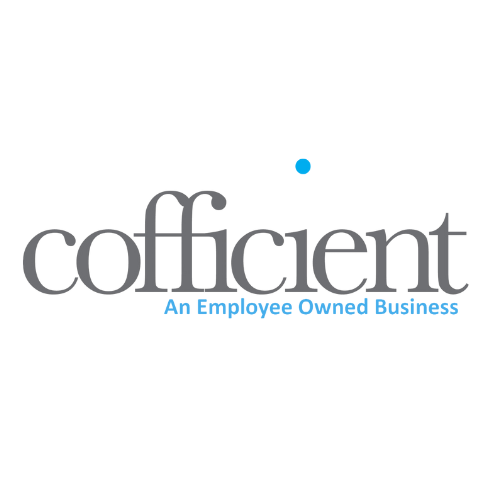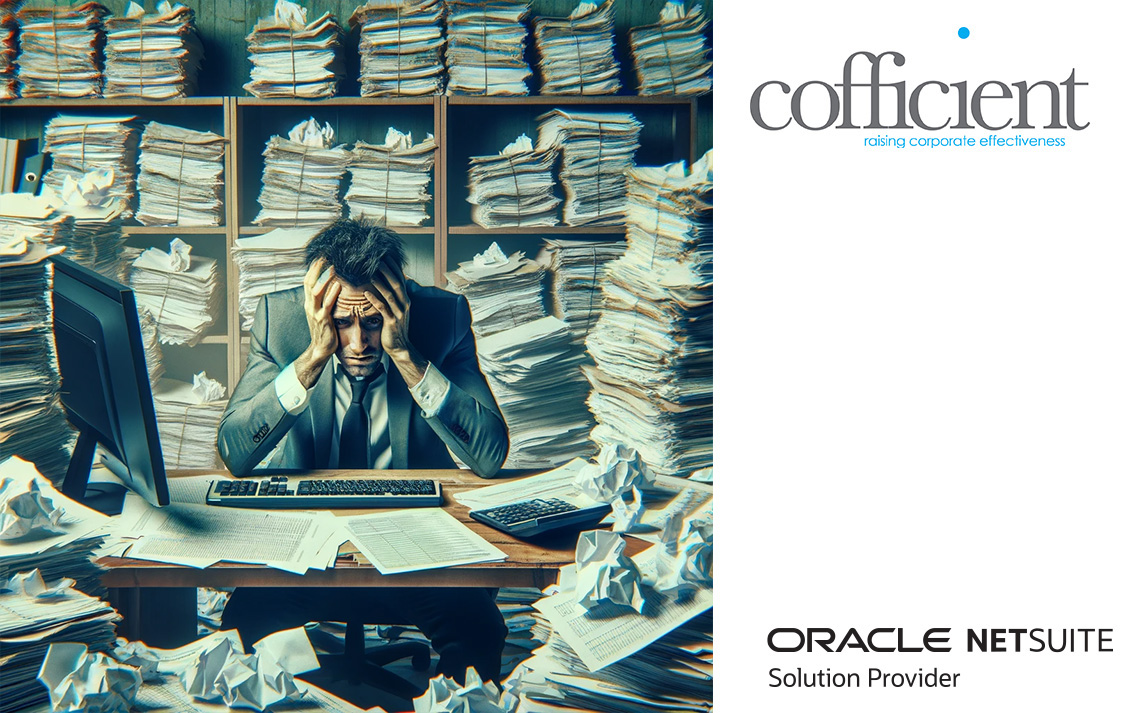
Making Tax Digital – What You Need to Know
Making Tax Digital
What is Making Tax Digital?
Making Tax Digital is a pivotal part of the government’s plans to move businesses (and individuals) closer to a modern way of financial management. The premise is that Making Tax Digital will facilitate efficient and effective financial management and tax returns. Billed as “the end of annual tax returns”,
it’s designed as much to keep you on top of your finances as to keep HMRC on top of you.
HMRC believe that most businesses leave their annual tax returns until the very last minute, causing back logs and bottle necks and, to be frank, pain for HMRC as well as businesses and accountancy practices. They are not wrong. The annual tax return is the bane of every accountant’s life.
“the end of annual tax returns” is a misnomer. Making Tax Digital heralds the start of quarterly tax returns. Four times the work surely?
Well, not really.
Making Tax Digital encourages business owners who are still using paper, spreadsheets, or traditional methods of book keeping to transition over to better financial software. The benefits are further reaching than the expedition of end of year tax returns. Small businesses are expected to adapt to new technology which should improve all their financial processes, give better financial insight and facilitate smoother month ends, as well as make their returns more timely. Cloud based software, for example, can report real time financials to both business owner and the government. The time saving you will make from using more modern software will more than compensate for any effort it will take to report quarterly.
It’s not all completely altruistic though. HMRC reckon that of around £8 billion in lost revenue is directly attributable to mistakes made during annual returns. At £3.5 billion, almost half relates to misfiled VAT returns.
Why is the Government Making Tax Digital?
It’s not simply a blatant attempt to reclaim the £8 billion in lost government coffers. The government list four key benefits to Making Tax Digital:
- Better use of information
A reduction in duplication of effort – no having to give HMRC documents that it should already have. Important documents will be stored against your account in an electronic filing cabinet and made available for your use digitally
2. Tax in real time
Updates at any point as to your tax picture. No waiting for the big surprise at the end of the tax year.
3. A single financial account
A single picture of all your liabilities and entitlements in one place
4. Interacting digitally with customers
An end to the HMRC phone line saga of being put on hold for over an hour just to talk to an agent. Instead you can have digital record keeping, online prompts, online advice, live chat and secure mail.
Where do we Make Tax Digital?
The government is modernising its HMRC online portal. It’s also investing in an app which all taxpayers, business or otherwise can access all year round from their smart device.
But that is only one side of the story.
The government expects you to meet them in the middle. Making Tax Digital is built on integrating digital record keeping. They acknowledge that many businesses are moving towards a digital record keeping system but that many more are yet to make the leap. As long as you are above the VAT threshold you will be expected to digitise your financial systems in the very near future. The sooner you think about transitioning the easier it will be.
There are many viable software products on the market you can access. Cloud based technology offers you the best advantage since it reports in real time. The real winners in the software game will be those vendors (such as NetSuite) who offer open APIs to enable direct connections between HMRC portals and your own business software.
When are we Making Tax Digital?
From April 2019. But…
It’s not the future…. it’s the here and now
Other countries, such as Australia, have embraced technology. Using better systems to help simplify financial transactions has become a way of life. Businesses have had access to a personal digital tax account via HMRC for a number of years and the forward march of technology is making it easier for businesses to be more efficient and more effective when it comes to things like tax administration.
Great financial software is available for immediate use to any business who so choses. Whether or not the government meets its own objective of becoming one of the most digitally advanced tax administrations in the world, remains to be seen.
Recent Announcements
“There is widespread agreement that Making Tax Digital for Business is the right approach for the future. However a number of concerns about the pace and scale of change have been raised. As a result the government has announced that the roll out for Making Tax Digital for Business has been amended to ensure businesses have plenty of time to adapt to the changes.”
On 13 July 2017 they announced some changes to their roll out of Making Tax Digital, which was perceived by some as too aggressive a timeline. Changes include:
- Only VAT registered businesses will need to keep digital records and even then, only for VAT purposes
- The changes will be pushed back to April 2019
- Businesses won’t be asked to keep digital records or move to quarterly HMRC updates until April 2020
- A live pilot of digital VAT returns will start as early as April 2018
What Next?
The quarterly tax returns won’t be required until April 2020. If you are a SME business you will have to try and encompass Making Tax Digital into your future digital strategy (if you aren’t already operating your finances digitally).
Your accountant or tax adviser will be able offer you information about how Making Tax Digital will affect your business and what you should be thinking about to make the transition smooth.
Consider also talking to a software vendor who can advise you about the various financial software packages on the market and help you transition easily towards online finance software.
Written by Paul Grant (CA) – Director at Cofficient
Paul Grant is a chartered accountant, co-owner and director at Cofficient. He boasts over 30 years of senior finance experience at board level across multiple sectors. Paul is a SAP Business ByDesign solution consultant and lead consultant for finance and SAP at Cofficient. He holds a SAP Recognised Expertise Award for his financial management expertise.
To find out more about Making Tax Digital or to get advice about moving to a modern financial management software get in touch:
[su_button url=”https://cofficient.co.uk/contact”]get in touch[/su_button]



